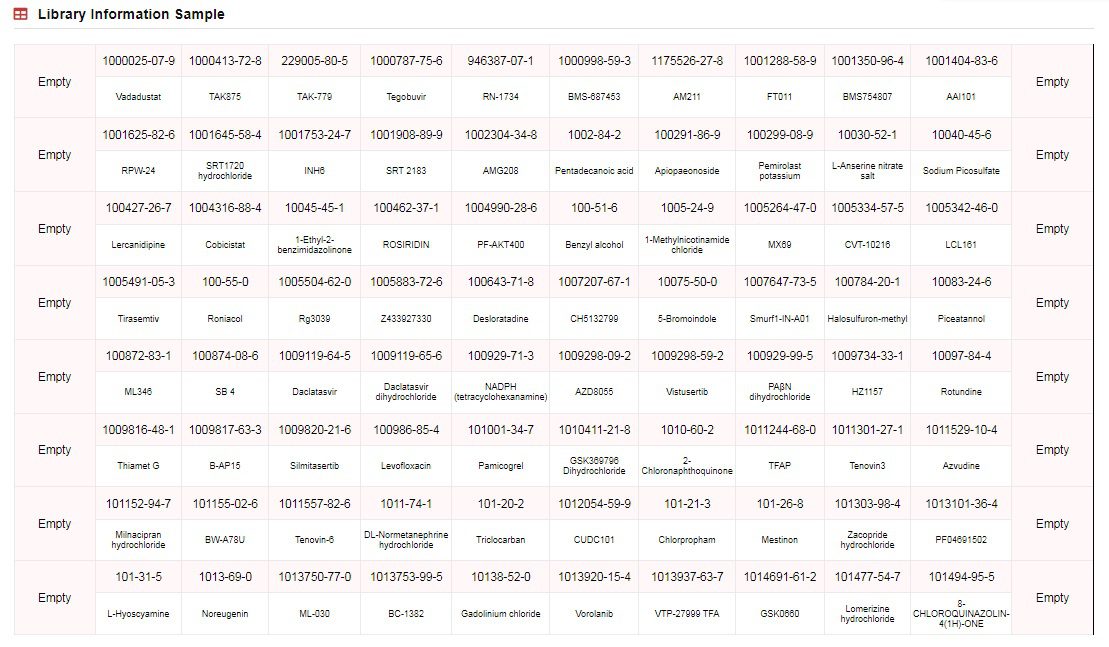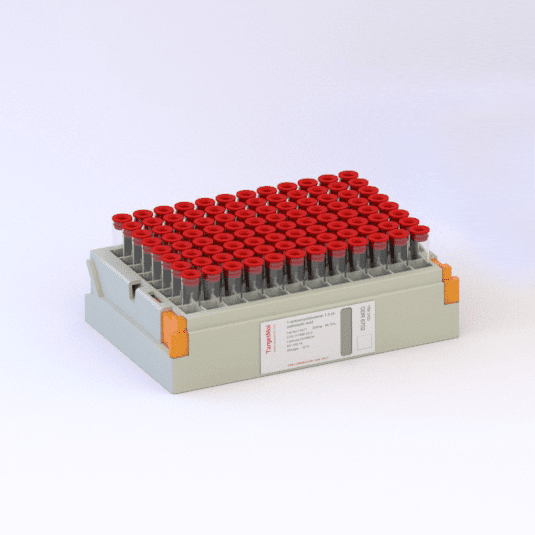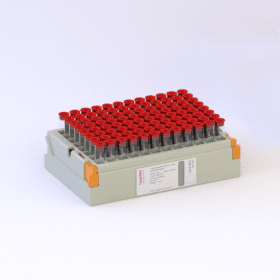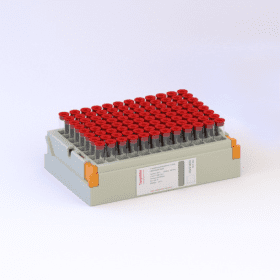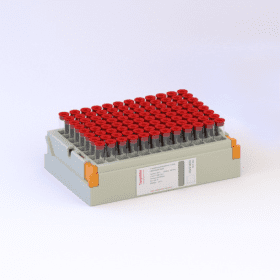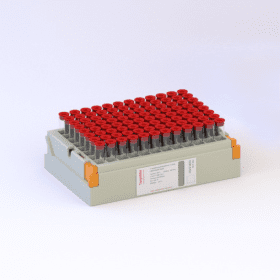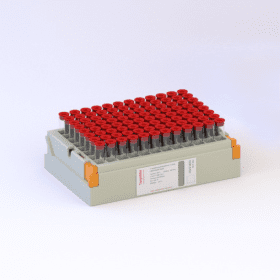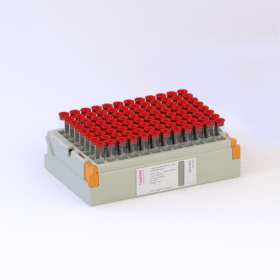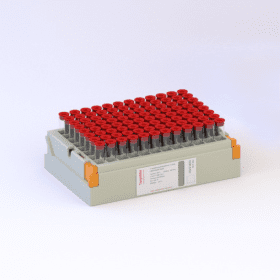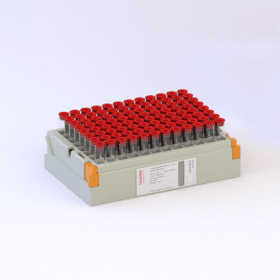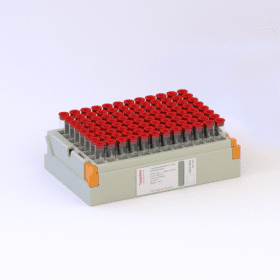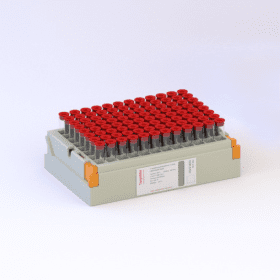Cancer Cell Differentiation Compound Library
Cell differentiation is a multifaceted process that depends on complex regulatory networks that involve transcriptional, post-transcriptional and epigenetic regulation of gene expression. In cancer, this describes how much or how little tumor tissue looks like the normal tissue it came from. Well-differentiated cancer cells look more like normal cells and tend to grow and spread more slowly than poorly differentiated or undifferentiated cancer cells. Differentiation is used in tumor grading systems, which are different for each type of cancer.
In addition to apoptosis resistance and cell proliferation capacities, the undifferentiated state also characterizes most cancer cells, especially leukemia cells. The induction of cancer cell differentiation is considered an alternative approach to elicit cell death and proliferation arrest. Differentiation therapy has mainly been developed to treat acute myeloid leukemia, notably with all-trans retinoic acid (ATRA). Numerous molecules from diverse natural or synthetic origins are effective alone or in association with ATRA in both in vitro and in vivo experiments. During the last two decades, pharmaceuticals and natural compounds with various chemical structures, including alkaloids, flavonoids and polyphenols, were identified as potential differentiating agents of hematopoietic pathways and osteogenesis.
TargetMol collects 413 reported compounds inducing cancer cell differentiation as Cancer Cell Differentiation Compound Library, which can be used for high throughput and high content screening for drug discovery.
All products from TargetMol are for Research Use Only. Not for Human or Veterinary or Therapeutic Use.
Product Description
A unique collection of 413 cancer cell differentiation inducing compounds for high throughput and high content screening.
Detailed compound information with structure, target, activity, IC50 value, and biological activity description.
Structurally diverse, medicinally active, and cell permeable.
NMR and HPLC validated to ensure high purity and quality.
Library Composition

